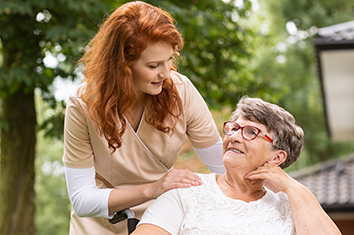Magni dolores eos qui ratione voluptatem tempora incidunt sequi
Quis nostrum exercitationem ullam corporis suscit labor iosam, nisi ut aliquid ex ea commodi conse aute irure dolor in reprehenderit in voluptateesse occaecat cuida at non proident, sunt in culpa qui officia deserun.Lorem ipsum dolor sit amet, consectetur adipiscing elit. Nullam tempor eros a tellus auctor, nec suscipit nunc dignissim. Ut suscipit gravida augue sed elementum. Sed sed luctus nisl. Donec scelerisque nisi in sodales mattis. Vestibulum suscipit odio ac enim blandit sollicitudin.










